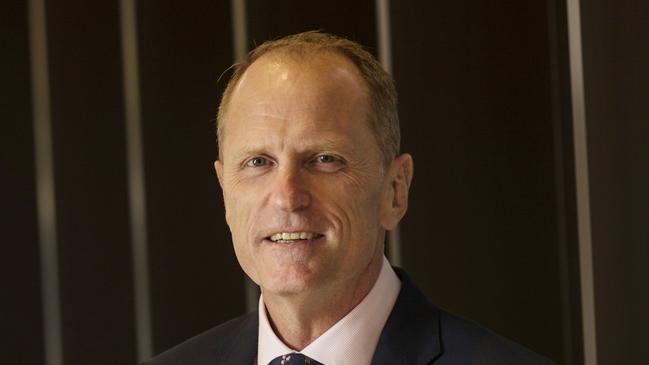Economy a priority over climate change concerns: survey
Almost 60 per cent of Australians support a clean energy and low emissions future but only 13 per cent endorse a target of net zero emissions by 2050, according to new polling.

Almost 60 per cent of Australians support a clean energy and low emissions future but only 13 per cent endorse a target of net zero emissions by 2050, according to new polling testing views on gas, climate change and economic, health and environment priorities.
The JWS Research data, commissioned by oil and gas lobby group APPEA, shows concerns over climate change and the environment have fallen after peaks following the summer bushfires.
Employment and jobs, cost of living, economy, finances and health led the most important issues for Australians ahead of climate change, the environment, crime, energy costs and education.
Climate change concerns have dipped during the pandemic, with 44 per cent of Australians citing they were extremely or very concerned, down from 50 per cent in January.
Asked about Australia’s ambitions in lowering emissions, the poll found 39 per cent supported a clean energy future, 20 per cent backed a low emissions future, 13 per cent endorsed a target of net zero emissions by 2050, and 11 per cent were generally in favour of net zero emissions.
With Scott Morrison backing a gas-fired recovery plan, opposition to the gas industry has reached a record low, with 47 per cent supporting exploration of new reserves and extraction of natural gas and 16 per cent opposed.
The highest support for the gas industry is in Western Australia and South Australia, with the lowest in regional NSW. Behind renewables, natural gas is viewed as the second cleanest energy source ahead of nuclear and coal.
Despite warnings from activists against using gas household appliances, 69 per cent of Australians expressed positive sentiment towards using gas for cooking in homes and restaurants, hot water (66 per cent), home heating (66 per cent) and making electricity (52 per cent). Only 44 per cent of respondents expressed positive sentiment towards LNG exports.
APPEA chief executive Andrew McConville said the sector supported policies that moved Australia towards an “outcome where net zero can be achieved”.
“No one is arguing against the importance of getting to net zero emissions and getting there as quickly as you can. But doing it in a way where you can generate export revenue, taxation receipts and high-paying jobs,” Mr McConville said.
Mr McConville said the JWS poll, which surveyed 1500 Australians, showed people were worried about their jobs and the recovery of local economies. “People actually like having gas. They see gas as very reliable. They want energy security. We take it for granted and we shouldn’t.”
With gas helping reduce emissions as a replacement for coal, Mr McConville said the challenge was to ensure “science and complexity” took precedence over “fear and simplicity”.
Mr McConville said with about seven million homes connected to gas, Australia should be working towards an emissions timeframe that “doesn’t constrain investment” through artificial impediments.
Asked about rising international pressure for nations to support net zero emissions by 2050, Foreign Affairs Minister Marise Payne said Australia was “not at risk of being left behind in any way”.
“We welcome the United States coming back into the Paris Agreement. We have been there the whole time and we have been observing and meeting the commitments that we made in that context,” Senator Payne said.




To join the conversation, please log in. Don't have an account? Register
Join the conversation, you are commenting as Logout